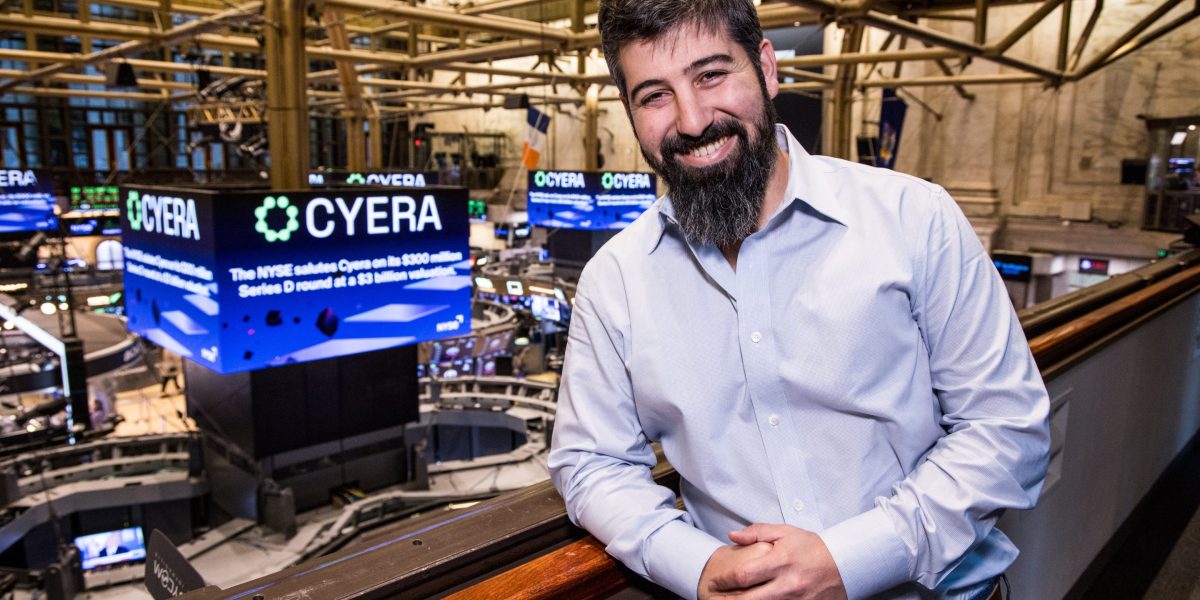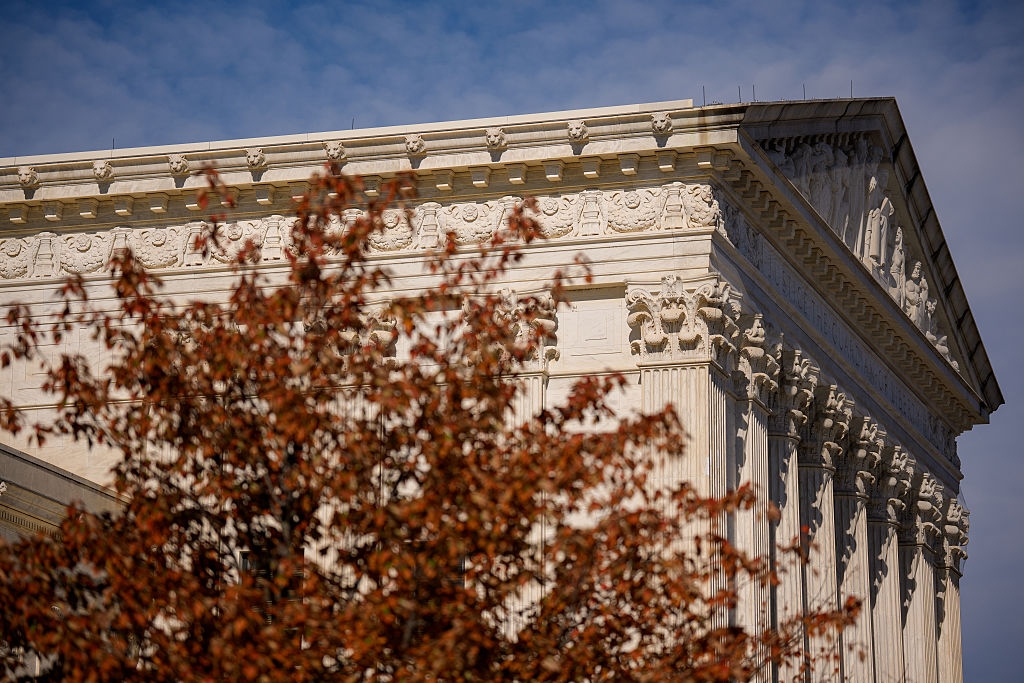Welcome to Eye on AI, with AI reporter Sharon Goldman. In this edition…Mark Zuckerberg and Priscilla Chan have restructured their philanthropy to focus on AI and science…Apple is reportedly finalizing a deal to pay Google about $1 billion per year to use a 1.2-trillion-parameter AI model to power a major overhaul of Siri…OpenAI CFO Sarah Friar clarifies comment, says company isn’t seeking government backstop.
As the wife of a cybersecurity pro, I can’t help but pay attention to how AI is changing the game for those on the digital front lines—making their work both tougher and smarter at the same time. I often joke with my husband that “we need him on that wall” (a nod to Jack Nicholson’s famous A Few Good Men monologue), so I’m always tuned in to how AI is transforming both security defense and offense.
That’s why I was curious to jump on a Zoom with AI security startup Cyera’s co-founder and CEO Yotam Segev and Zohar Wittenberg, general manager of Cyera’s AI security business. Cyera’s business, not surprisingly, is booming in the AI era–it’s ARR has surpassed $100 million in less than two years and the company’s valuation is now over $6 billion–thanks to surging demand from enterprises scrambling to adopt AI tools without exposing sensitive data or running afoul of new security risks. The company, which is on Fortune’s latest Cyber 60 list of startups, has a roster of clients that includes AT&T, PwC, and Amgen.
“I think about it a bit like Levi’s in the gold rush,” said Segev. Just as every gold digger needed a good pair of jeans, every enterprise company needs to adopt AI securely, he explained.
The company also recently launched a new research lab to help companies get ahead of the fast-growing security risks created by AI. The team studies how data and AI systems actually interact inside large organizations—tracking where sensitive information lives, who can access it, and how new AI tools might expose it.
I must say I was surprised to hear Segev describe the current state of AI security as “grim,” leaving CISOs—chief information security officers—caught between a rock and a hard place. One of the biggest problems, he and Wittenberg told me, is that employees are using public AI tools such as ChatGPT, Gemini, Copilot, and Claude either without company approval or in ways that violate policy—like feeding sensitive or regulated data into external systems. CISOs, in turn, face a tough choice: block AI and slow innovation, or allow it and risk massive data exposure.
“They know they’re not going to be able to say no,” said Segev. “They have to allow the AI to come in, but the existing visibility controls and mitigations they have today are way behind what they need them to be.” Regulated organizations in industries like healthcare, financial services or telecom are actually in a better position to slow things down, he explained: “I was meeting with a CISO for a global telco this week. She told me, ‘I’m pushing back. I’m holding them at bay. I’m not ready.’ But she has that privilege, because she’s a regulated entity, and she has that place in the company. When you go one step down the list of companies to less regulated entities. They’re just being trampled.”
For now, companies aren’t in too much hot water, Wittenberg said, because most AI tools aren’t yet fully autonomous. “It’s just knowledge systems at this point—you can still contain them,” he explained. “But once we reach the point where agents take action on behalf of humans and start talking to each other, if you don’t do anything, you’re in big trouble.” He added that within a couple of years, those kinds of AI agents will be deployed across enterprises.
“Hopefully the world will move at a pace that we can build security for it in time,” he said. “We’re trying to be make sure that we’re ready, so we can help organizations protect it before it becomes a disaster.”
Yikes, right? To borrow from A Few Good Men again, I wonder if companies can really handle the truth: when it comes to AI security, they need all the help they can get on that wall.
Also, a small self-promotional moment: Yesterday I published a new Fortune deep-dive profile on OpenAI’s Greg Brockman — the engineer-turned-power-broker behind its trillion-dollar AI infrastructure mission. It’s a wild story, hope you’ll check it out! It’s one of my favorite stories I worked on this year.
With that, here’s more AI news.
Sharon [email protected]@sharongoldman
FORTUNE ON AI
Meet the power broker of the AI age: OpenAI’s ‘builder-in-chief’ helping to turn Sam Altman’s trillion-dollar data center dreams into reality–by Sharon Goldman
Microsoft, freed from relying on OpenAI, joins the race for ‘superintelligence’—and AI chief Mustafa Suleyman wants to ensure it serves humanity–by Sharon Goldman
The under-the-radar factor that helped Democrats win in Virginia, New Jersey, and Georgia–by Sharon Goldman
Exclusive: Voice AI startup Giga raises $61 million to take on customer service automation–by Beatrice Nolan
OpenAI’s new safety tools are designed to make AI models harder to jailbreak. Instead, they may give users a false sense of security–by Beatrice Nolan
AI IN THE NEWS
AI CALENDAR
Nov. 10-13: Web Summit, Lisbon.
Nov. 19: Nvidia third quarter earnings
Nov. 26-27: World AI Congress, London.
Dec. 2-7: NeurIPS, San Diego
Dec. 8-9: Fortune Brainstorm AI San Francisco. Apply to attend here.
EYE ON AI NUMBERS























